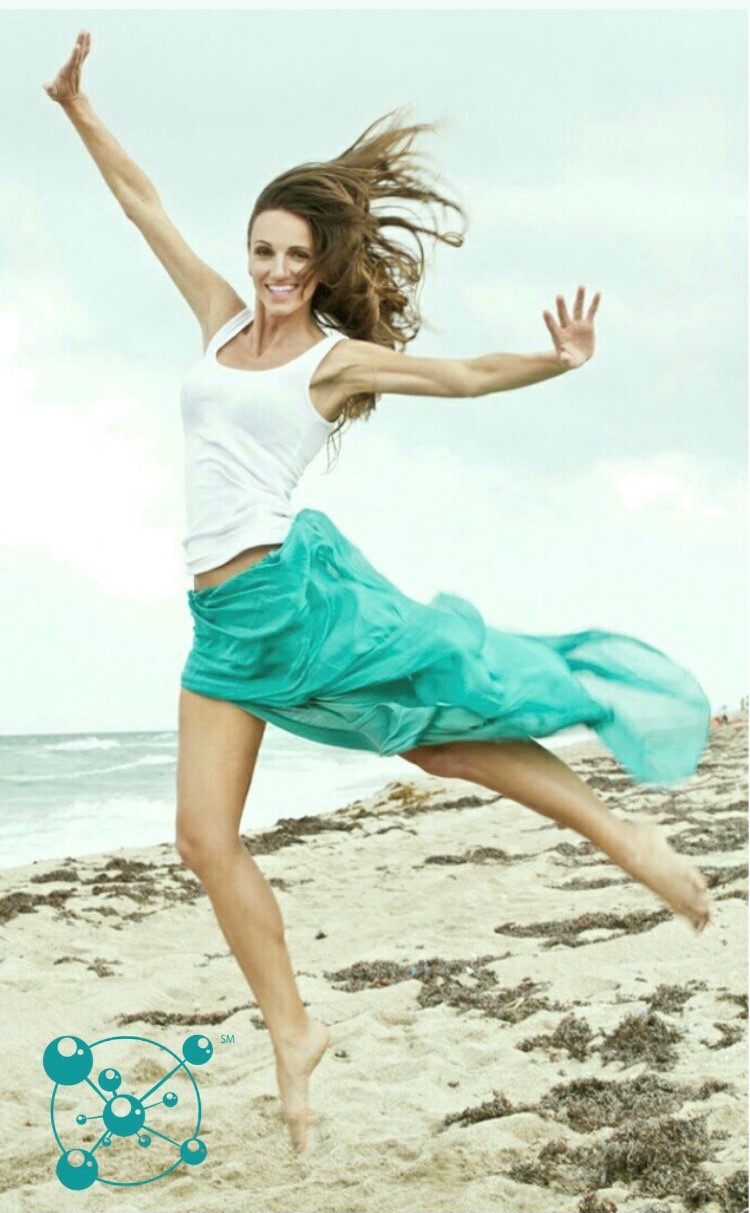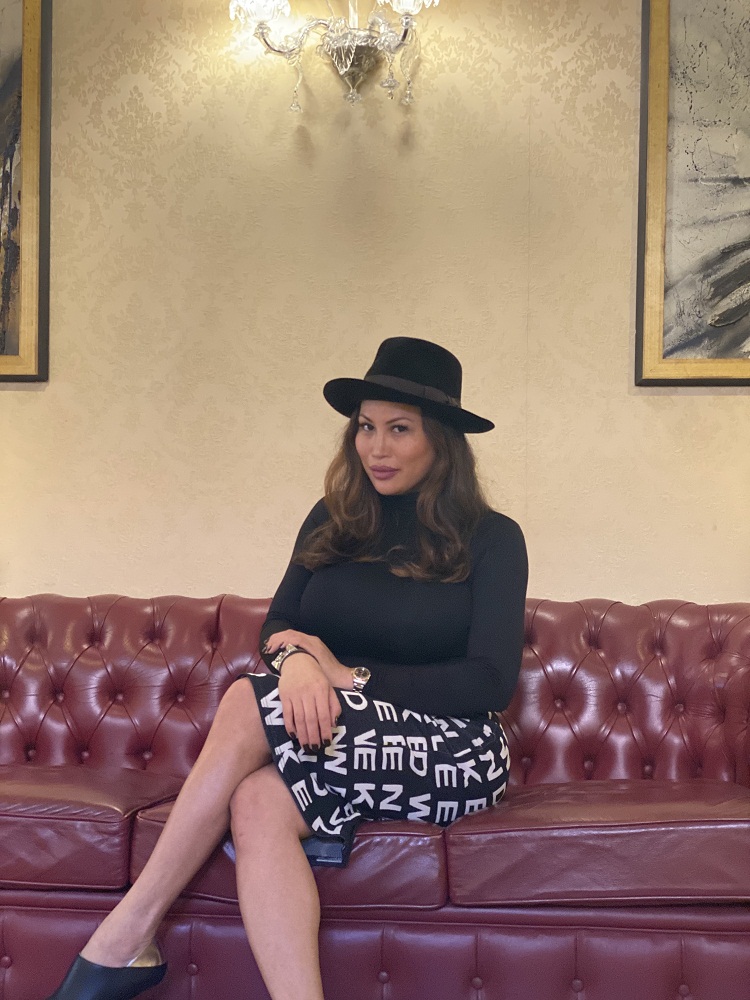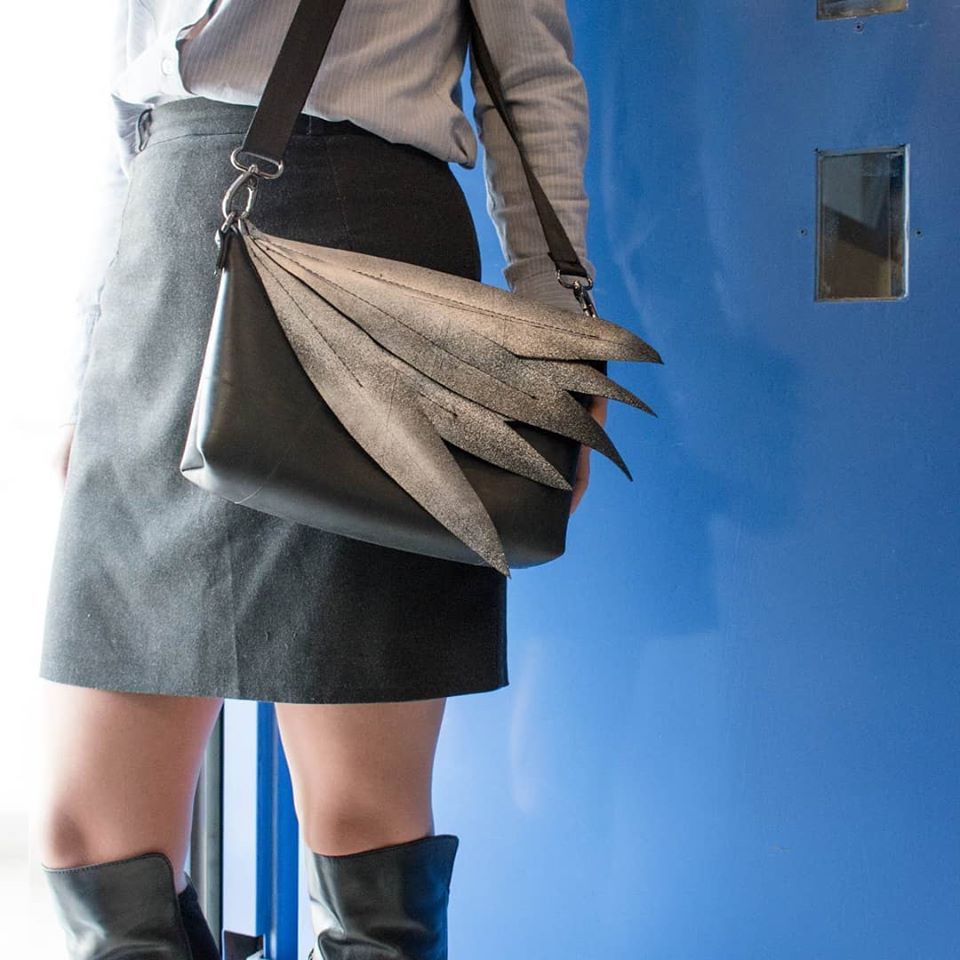As an empath with a very high level of self-consciousness and a near hyper-awareness of the world around me – with all its energies – I spent a great deal of my childhood feeling sad for myself. There were always reasons, many of which I fervently reported on in pages upon pages of my giant, collage-covered, hard-back diaries that I stated at an early age. Although my home life was postcard-perfect, and I was blessed with loving parents who offered me the best of everything, especially nourishing love, it was as if I was carrying another world inside me. I would journal that so-and-so doesn’t want to be my friend, the boy I am in love with doesn’t like me, I wasn’t given the role I wished for in the school play because the girl who got it is prettier than me, I’m terrible at maths and my teacher thinks I’m an idiot… and so the list of my demises went on, replete with melancholy to depressive analysis regarding my terrible luck, and how lacking I was in so many areas. Mind you, at the same time my sadness was an energizing force for my creativity – I retreated into a world like all the depressive, alcoholic writers I’d read about – Ernest Hemingway, F.Scott Fitzgerald, Sylvia Plath, Dorothy Parker – and spent my days writing poetry, plays, stories and later even jazz songs.
At university, I began to blossom – meeting more like-minded friends, despite our pretty enormous in some cases differences in culture and upbringing, I felt more empowered and upbeat. I experienced my first love, fortunately, a man with a gentle soul who showered me with kindness and affection, and through our sexual relations, I grew more into my womanly self. But the sense of victimhood continued to lurk in my depths.
When I started working as a journalist in the city during my early ’20s my self-confidence went up one more notch; I was quickly and quite easily given good positions with a rewarding pay and felt esteemed by both my employers and my colleagues. I had money and no real responsibilities and enjoyed carefree years during which beyond my work which I loved my main concern was hitting the town and discovering myself anew. Perhaps because I felt so carefree, yet still aware that despite a happy-go-lucky lifestyle there was a lot of unresolved stuff inside me, it was around then that I started to be drawn in earnest to searching deeper within myself. I started reading books on psychology, self-help, spirituality, esotericism and the healing arts and started practising yoga. And then I fell in love again, entering an intense relationship that I knew from day one would be nothing like the rosy-tinted-focus first love I’d experienced a few years before. For several years my sense of victimhood started rearing its ugly head – although often not without reason – yet, I did not actually believe that my ongoing insecurities and feelings of self-pity or that things were not going as I wanted was my way of playing the victim. That was something others did, like a friend of mine who was always, but always complaining about something going wrong – there was literally drama after drama occurring in his life and he was never happy, and I became so fed up with his repertoire that I started to avoid him, as I realised he was perversely enjoying the dramas and I, as his friend had to pay for it by hearing every tragic (and depressing) detail every time we met.

As I started delving deeper into the healing arts, what I kept getting from teachers, healers, therapists and writers in various renditions was the message put so perfectly by Eleanor Roosevelt when she said, “no one can make you feel inferior without your consent.” That you are only a victim if you see yourself that way. It made perfect sense, and as it gradually crystallized in my mind I felt freer and stronger. Shakti Gawain was writing about Creative Visualization – how we can visualize what we want, and then “The Secret” came out bringing to the west the mystical truths (and a barrage of other books, healing systems, films and businesses) about the Law of Attraction. That too made perfect sense – I realised that I had been a natural manifester as a child and teenager – making a lot of my technicolour daydreams come true without trying at all, and now I comprehended that this was actually a formula. I saw that had been attracting situations and feelings because that was what I had been dwelling on, visualising, literally creating and drawing the energy of into my life. Just as the shamans ascertain that we dream our world into being, I was both dreaming (there were a lot of great things going on too!) and nightmaring my world into being.

My perspective on myself and life overall started to shift dramatically. I started to see how almost everything – from the thorny interaction I had with the rude taxi driver or the bright mood I woke up with or the job I got offered or the accident I had were all my creation, and thus my responsibility. That everything I was experiencing came from within, from my subconscious programming, from the fears, traumas, dreams and desires that resided deep inside, and basically from how pure the intent was when I was subconsciously setting it and catalyzing it into actuality. So I began to actively work on resolving the conflicts within – the ones between carefree spontaneity and dull calculation, fear and love, pleasure and pain, self-confidence and shame. It was – and still is – an endless process, but every little step is movement in the right direction.

But. I took the concept of rejecting victimhood a little too far. When I heard of other’s misfortunes, of course I felt empathy for them, and hope for them to reclaim their health and happiness again, but a stern little voice inside me, in the disguise of wise, said exactly what I was constantly saying to myself. It interpreted the incident that had put them in a state of victimhood as something that they had not yet worked out, and thus it was manifesting in that painful, or unpleasant or somehow debilitating form. Broke a leg? Maybe you actually needed a break from your workaholic life or overdemanding family, or maybe you’re feeling you can’t move forward in life. Cancer? There must be so much unresolved sadness or anger that has been eating away from you and that you have not been letting yourself heal, release and clear. Earache? There must be something you’ve heard or don’t want to hear that has caused you pain. There was always that thought in me – just like I was over-interpreting everything since childhood in my over-conscious and analytical state I was now doing that with regards to health and life when it came to anything I did or that happened to me that was surprising or noteworthy in either a positive or negative way. This was the message I – and dare I say we – are now being bombarded with by the New Age movement and our commercial society at large, from self-help gurus to advertisers, in a world that is increasingly pushing us to live as isolated individuals. “You can do it for yourself. It’s all up to you. If you buy our product you will look/ smell/feel powerful while doing it yourself, you strong, self-sufficient MF!”
The essential message out there is that suffering does not make you a victim, nor does it make you a perpetrator toward yourself, but it does all come down to your personal responsibility and power. Being a victim is equated with being weak and completely unable to help yourself. It also means that you have to ask others for help, which you need to survive, which is a weakness.

There is some valuable truth in these concepts, but fanaticism will fail anyone. Yet it wasn’t until recently when I experienced not one but a handful of life’s greatest stresses that I developed a fresh outlook. A wonderful spiritual teacher to whom I was relating my overwhelming problems at the time said I had been very “stoical”, and that this was a strength but that it wasn’t necessarily good for me. The word stoical brought to my mind my father and other strong men I have known, and I felt the word was transfused with a male energy, serving as a paradigm for survival that had infiltrated my being: stoicism = strength. This was the first step toward me having a huge realization regarding victimhood.
The second and final one came when I was having a Coactive© Coaching session during which the coach asked me how things were going in my life. In an as non-complaining or pathetic voice as I could muster, I listed all the challenges that I was facing at the time. There was a silence as she regarded me with surprise and compassion. I felt uncomfortable because after naming all the things I’d been facing I had started to feel quite deeply sorry for myself. “I don’t want to sound like a victim,” I finally said in the spirit of honesty, “but it’s been bloody hard!” She looked at me and gently smiled. “Well, what’s wrong with being a victim?” she asked. “And what does it mean to you to be a victim?” Momentarily I was stunned. I thought hard but could only come up with my well-structured schpiel, the carefully constructed belief system I had been so staunchly living by for so many years. “Well, being a victim means that I’m not taking responsibility for yourself!” I said, “it means I am not in control of myself or my life! That I’m a bit pathetic. Or that I’m blaming other people or circumstances for my own incapability to cope…” There, that was a thorough enough definition, I thought, of the atrocity known as ‘being a victim’. “And what does ‘not coping’ mean?” she asked. What an obvious question, yet so very difficult to answer for some funny reason. “Well,” I began, “as I said, spiralling out of control of my own life, feeling a mess, and basically feeling sorry for myself!” And then she said something that was one of the biggest lessons I have ever learned so far, the lesson to which I have dedicated this article: “But those are things that you are actually experiencing right now. Painful, difficult things. Life-changing things. And you are suffering a lot…Anyone would, it’s normal! There is nothing wrong with being a victim, or letting yourself feel sorry for yourself.”

As she said that, something inside my heart opened, like the door in a dark house swinging open and letting in the sea breeze and blazing sunshine. As Rumi wrote, “wound is the place through which the light enters”. By acknowledging my wounds and letting myself feel heartfelt self-compassion, I could finally allow it to heal. Yes, I suddenly thought, I can permit myself to feel my bottomless sadness; to feel sorry for myself. I have been through, and I am going through a lot of turbulence and pain. It hurts. It simply is. I am a victim of my circumstances, why they were created is a different story that can be explored through time.

We always talk about our inner child, and how important it is to care for it. Would I say to my son that he was acting like a victim because he simply grazed his knee and ended up having a big cry over it? Of course not, he needs to cry – it’s one of his ways of expressing and releasing emotions. It’s all about balance – neither is it helpful to overindulge in the concept that by taking responsibility for our self we cannot define our self as a victim, nor in the idea that victimhood is an OK state to be in on a general level. But to allow myself to say, ‘Poor me, I’m feeling so much confusion, instability, uncertainty – fuck! This is so hard and I don’t deserve this!’ is OK. And that’s when after years of not crying, I began to cry me a river. Tears would come over me unexpectedly; I wept while washing the dishes, walking on the street, talking on the phone, sitting at my computer. I kept remembering my first shamanic teacher who told me that crying is cathartic, natural and healthy, but as soon as one starts to think of things while crying, one must stop right there, because then it becomes a dramatic intellectual play in the mind, not the release of real emotion from the soul. All the sadness pouring out was making me a wreck. It had been so much easier when I wasn’t a victim!

But time heals the heart, as do long chats with the loving friends and family who like angels have been beside me every day just an email or phone call away, often reaching out to me, checking up on me. When you accept that you are a victim, you can reach out for help. I realized that it’s OK to accept help from others. Gradually the tears started to get less, and my sleep started to be deeper, and one day I found myself actually able to smile – not grimace – at myself in the mirror. Of course I – like you – am never going to stop being vulnerable in some way or other. Self-compassion, true self-compassion without the need to interpret, analyse, justify or explain the pain we are going through is so crucial. That’s the only way you can give yourself a real hug and say ‘I love you so much, you can be exactly as you are with me, and when you are ready, I will do my all to help you heal. And you will! When you are ready. First, let yourself be broken, and cry.’









Leave a comment